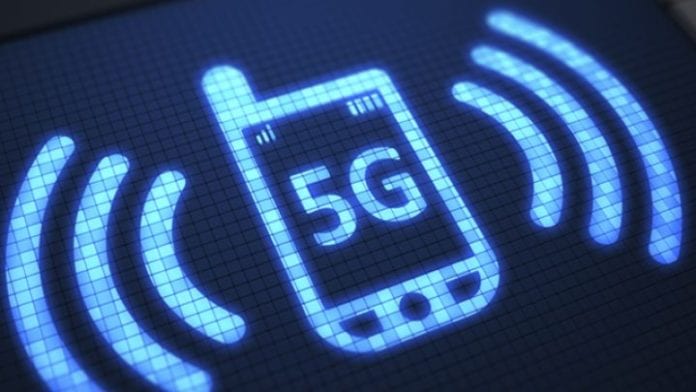The telco said 5G will contribute an additional $8.7 billion per year to the U.K. economy by 2026.
The direct economic benefits of “5G” infrastructure to the U.K. economy will outstrip the economic benefits of fiber fixed broadband by 2026, according to a recent study by mobile operator O2.
According to O2’s study, 5G infrastructure will directly contribute an additional 7 billion pounds ($8.68 billion) per year to the U.K. economy by 2026. 5G technologies will also add an extra 3 billion pounds per year through secondary supply chain impacts, boosting overall U.K. productivity by a total of 10 billion pounds.
The telco said the deployment of 5G will introduce new industries, platforms and services – from 3D video calls to smart home and health applications.
“Mobile is the invisible infrastructure that can drive the economy of post-Brexit Britain,” declared O2 U.K. Chief Mark Evans. “The future of 5G promises a much quicker return on investment than fiber broadband and a range of unprecedented benefits: from telecare health applications to smarter cities to more seamless public services.”
Last week, U.K. telecommunications services regulator Ofcom updated its plans for allocating 5G spectrum, initially proposing to allocate spectrum in the 700 MHz, 3.4 GHz to 3.8 GHz, and 25 GHz bands. Later this year, the regulator is also due to launch its spectrum auction for 190 megahertz of frequencies in the 2.3 GHz and 3.4 GHz bands.
“We need a sophisticated spectrum auction that encourages the quickest and fairest deployment of mobile spectrum, with a regulatory environment that delivers a level playing field for businesses and supports a competitive market for customers,” Evans added.
Telenor to cut 170 jobs in Norway as part of its digitalization strategy
In other EMEA news, Norwegian telecom group Telenor confirmed plans to cut 170 jobs at its Norwegian operation, as the telco looks to restructure its local operation in line with its digitalization strategy.
Telenor announced a plan to merge IT divisions into its technology division, and also merge the sales and customer service functions at its TV and broadband division.
“We are working to establish new competencies in the company to meet the rapid technological development,” said Telenor Norway CEO Berit Svendsen.
The Nordic company said the changes are due to take effect beginning April 1. Telenor said its transformation from a traditional telco to a digital service provider requires new skills and more cost-effective operations.

